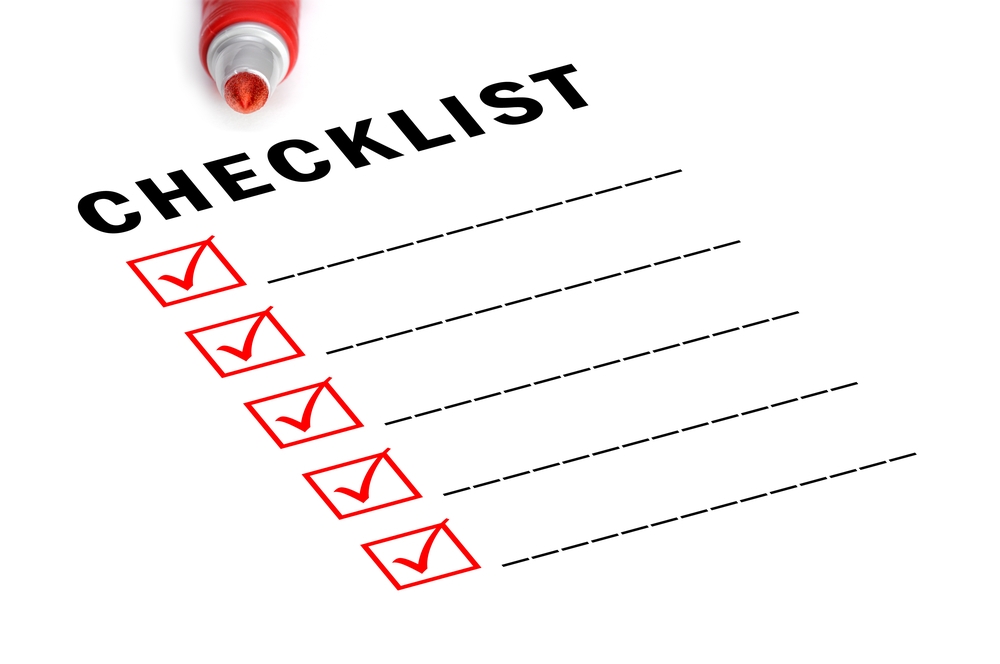
Welcome to the world of event management, where every detail matters and success lies in meticulous planning. Whether you’re organizing a corporate conference, a wedding, or a music festival, a well-structured checklist is your secret weapon for ensuring that every aspect of your event runs smoothly.
In this article, we’ll guide you through the ultimate event management checklist, providing you with a roadmap to success.
Before diving into the nitty-gritty details of the checklist, let’s understand why it’s crucial for your event’s success. An event management checklist serves several key purposes:
1. Define Your Event Objectives:
2. Budget Planning:
3. Venue Selection:
4. Date and Time:
5. Event Theme and Concept:
6. Legal and Permits:
7. Event Team and Roles:
8. Marketing and Promotion:
9. Vendor Selection:
10. Guest List and Invitations:
11. Event Schedule:
12. Equipment and Supplies:
13. Registration and Ticketing:
14. On-Site Management:
15. Audiovisual and Technical:
16. Contingency Plan:
17. Security and Safety:
18. Evaluation and Feedback:
19. Post-Event Tasks:
20. Follow-Up and Marketing Analytics:
With this ultimate event management checklist in hand, you’re well-prepared to organize a successful event. Each step ensures you cover all the essential aspects, from concept development to post-event analysis. Remember that adaptability is critical, as every event is unique. Your checklist serves as a flexible guide, allowing you to tailor your approach to the specific needs of your event.
As a result, your events will run smoothly, your attendees will have a memorable experience, and you will meet your objectives. So, go ahead and start planning your next fantastic event armed with the ultimate event management checklist! Your success awaits.
3 Comments
Excellent checklist! It covers everything from planning to post-event analysis. I’ve heard great things about Altuaam Catering and Event Management Company in Pakistan. Their expertise in event planning and catering is top-notch. If you’re looking for a reliable partner to help you execute your event seamlessly, consider reaching out to them. Have you had any experience working with Altuaam or similar companies?